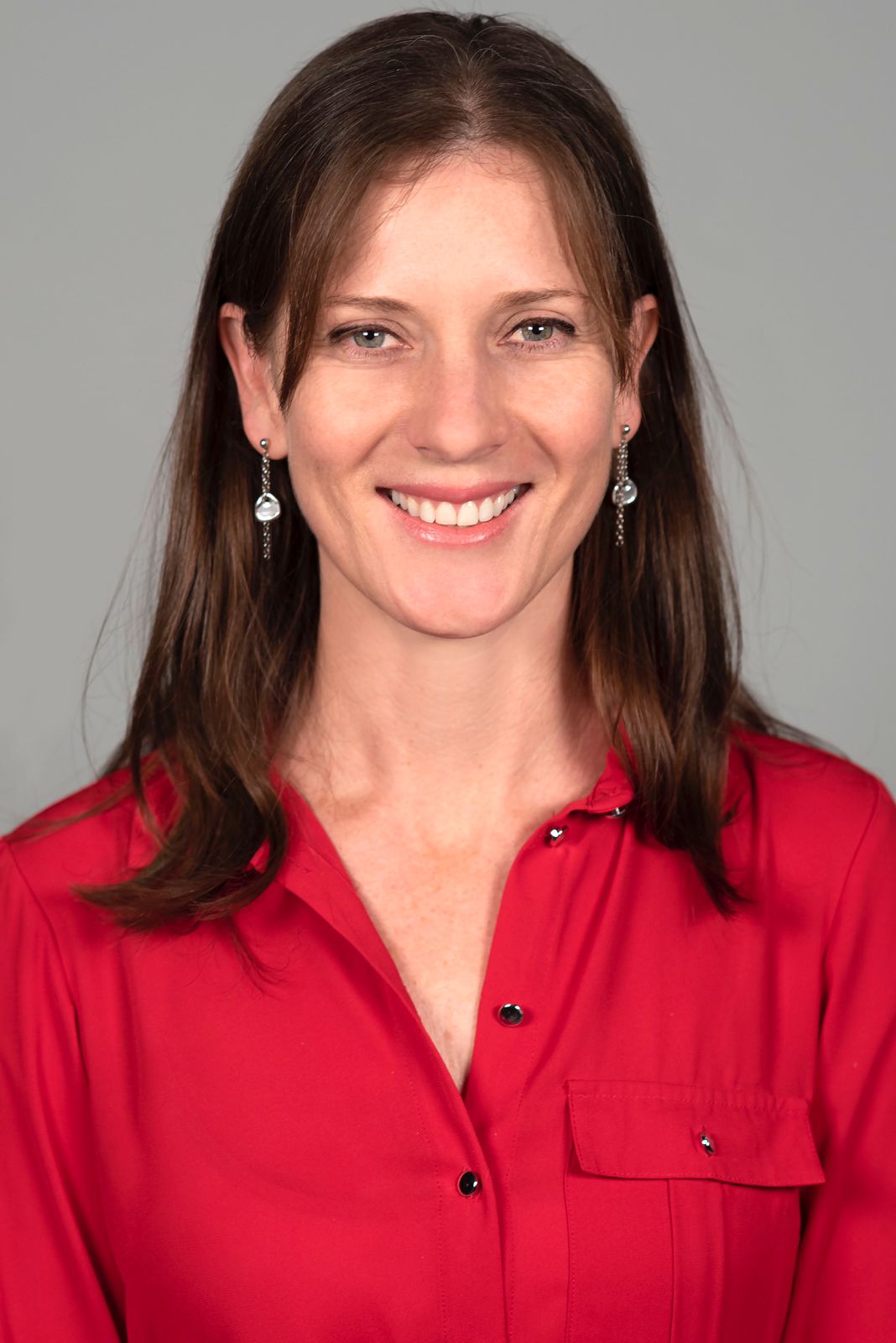
SU disability research highlighted in The Lancet
Experts from Stellenbosch University's (SU) Division of Physiotherapy recently had two articles published in the esteemed medical journal, The Lancet.

Associate Professor Tracey Smythe, who is the lead author on both papers, has welcomed the achievement, saying it is an opportunity to share SU's contributions in the field of disability research.
“It's great to have The Lancet featuring our work and the implications our research on disability might have," said Smythe, a Zimbabwean physiotherapist who is seconded to work at SU from the London School of Hygiene and Tropical Medicine (LSHTM) in the United Kingdom.
Disability-inclusive healthcare
Turning to the paper entitled 'Health-worker education for disability in health', Smythe said: “World Persons with Disabilities Day was marked on 3 December. In light of that, we identified challenges and solutions to promote disability-inclusive health. There are more than 1,3 billion individuals with disabilities globally and they will die 10 to 20 years earlier than the general population. While there have been many initiatives to support people with disabilities, healthcare workers often lack the skills to provide adequate care for people with disabilities."
Smythe said the paper highlights the systematic barriers and the absence of protocol for healthcare workers to learn about people with disabilities. “In the paper, we advocate for policies that would integrate disability competencies. While various competencies are integrated into our education as health professionals, disability-related ones are often overlooked in health education."
The paper also features successful initiatives – including lessons from India and Uganda – which showcase instances of promoting disability-inclusive health.
Smythe maintains that disability has not been sufficiently prioritised in the global health agenda. “Despite the establishment of a Disability, Equity, and Justice Group for the first time in the Group of Twenty (G20) in India in 2023, global leaders failed to explicitly address disability in the recommendations of the G20 Declaration. Notwithstanding existing evidence that financial investment in a disability-inclusive health sector is an investment with dividends," the paper reads.
What is required for inclusive health care, it continues, are improvements in accessibility and focussed training of health workers. The attitudes of staff in health facilities also need a positive transformation. While some progress has been made – with medical education in some countries now including disability, human rights, and reasonable adjustments – some of these initiatives have been criticised by the disability community for being outdated.
The paper pointed out that ministries of health and health-professional councils need to establish “robust policies" which include disability competencies in mandatory curricula, accreditation and professional licensing. It also argues that more people with disabilities should be involved in teaching medical professionals, as well as in training future healthcare workers.
Disability and opportunities for play
The second paper, 'Do children with disabilities have the same opportunities to play as children without disabilities? Evidence from the multiple indicator cluster surveys in 38 low and middle-income countries', published in The Lancet eClinicalMedicine, identifies the crucial gap in opportunities for play between children with disabilities and children without.
Smythe highlighted the importance of play during early childhood development “because children develop through play."
She said the study, a collaboration between SU, LSHTM, the Clinton Health Access Initiative, and World Health Organisation experts, examined data from 212 194 children that reveals disparities in play opportunities for children with disabilities across 38 countries.
“We found children with disabilities have fewer opportunities to play, across multiple measures of play and multiple settings and that this varied by impairment and was worst for children with learning and communication impairments.
“We also showed there was a discrepancy between girls and boys with disabilities. Our findings underscore the need for inclusive early child development and play programmes, emphasising modifications for inclusivity, monitoring participation, and targeted interventions for children with learning or communication impairments."
“Play is essential for the social, emotional and cognitive development of all children. What we found in this analysis is that children with learning impairments were much less likely to have opportunities to play. They were consistently offered less opportunity, and disparities could have been more pronounced in some countries due to contextual factors, beliefs and resource availability. Our findings underscored the need for inclusive early childhood development and play programmes. A global effort is needed to generate and utilise data that tracks the disability responsiveness of national child development policies, promoting greater accountability."
Bridging gaps in disability research
Turning to the background of the work, Smythe said that, in line with their commitment to bridging gaps in disability research, the Stellenbosch Disability Research Hub was established last year.
“Led by Xanthe Hunt and Lieketseng Ned, this collaborative network aims to foster interdisciplinary collaborations, support high-quality disability data collection, and provide evidence for the integration of disability-inclusive practices within healthcare systems."
She said that through her work, she generates knowledge to “bridge the gap between academia and health service delivery, with a focus on implementation science and participatory research to enhance the health of people with disabilities." She stressed that work on the articles had been a team effort.
Smythe said she believes the two articles have global health implications, particularly in the field of disability research.
“Collaborating with colleagues at SU has offered me a deeper understanding of our work's context in South Africa and an opportunity to address critical gaps in the field.
“Physiotherapy, in the realm of global health, serves as a key player in enhancing physical well-being and broadening access to rehabilitation services. By focusing on functioning, physiotherapy contributes to creating a more inclusive and equitable healthcare environment for diverse populations worldwide."
Banner image: Freepik
Photo insert: Prof Tracey Smythe
